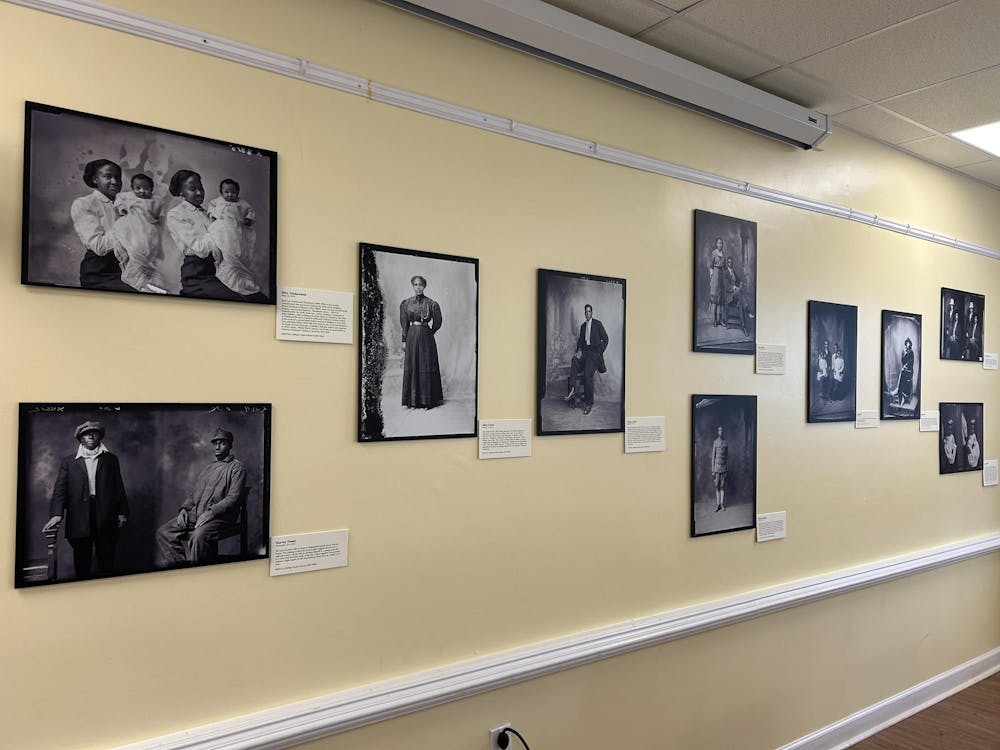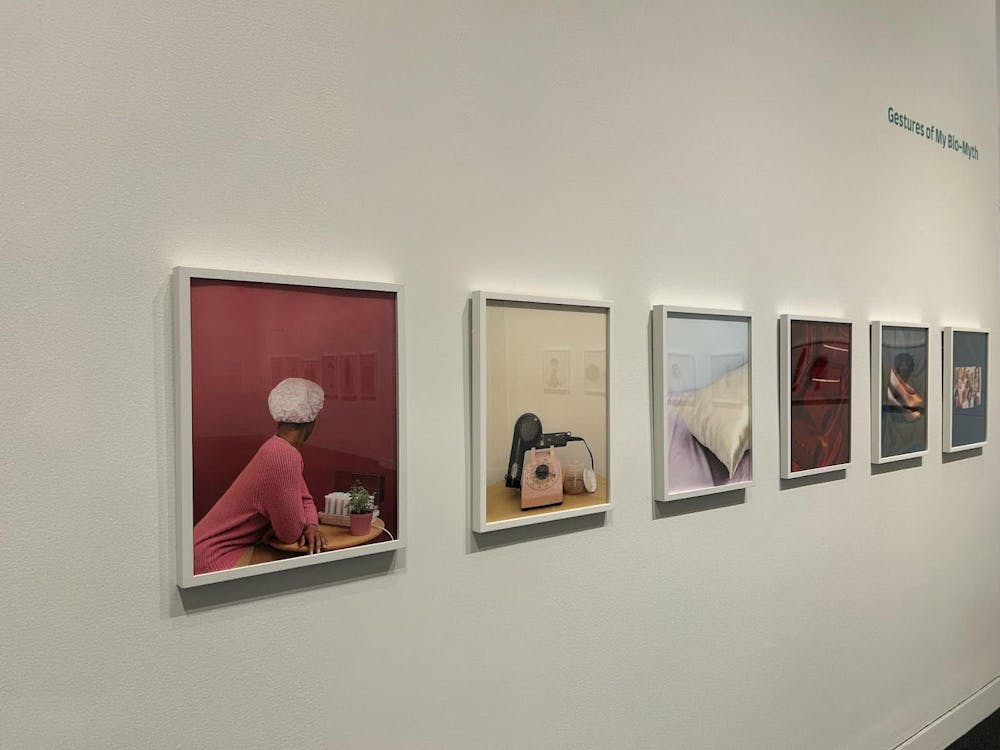Pop-punk is no longer relegated to the realm of teen angst. Coming off the heels of acclaimed 2014 third album, “Never Hungover Again,” Joyce Manor’s latest release finds the band moving past adolescence and into arrested development. “Cody” draws on the band’s usual concoction of emo despondency and punk frenzy to satisfying effect — but in tackling the material anxieties of growing up, it also moves into more uncharted territory.
The album’s trim 24-minute length is characteristic of Joyce Manor’s DIY roots, yet its production by Rob Schnapf — known for his work with Beck, Elliott Smith and Guided by Voices — shows polished evolution. Lead vocalist Barry Johnson’s voice is stripped of most of its throaty grit, and earworm hooks and sticky guitar riffs push the album decidedly closer to the poppier end of the spectrum. It’s far from experimental, but still thoroughly enjoyable to listen to. Most of the album’s innovation lies in its unconventional song structure, which is peppered with caustic, forthright lines but rarely feels the need to dwell on them. The songs are bursts of sonic instant gratification which are smarter than they let on.
Opener “Fake I.D.” chronicles drunken pillow talk with wry lyricism. Its most singable verse takes the perspective of a one-night stand who asks the narrator, “What do you think about Kanye West? / [...] Yeah, I think he’s better than John Steinbeck.” It moves from this to a seemingly nonsequitur moment of mourning for a dead friend, but it’s a transition which perfectly captures the stream-of-consciousness quality of inebriated late-night conversation. “Cody” is characterized by this ability to wring quick moments of poetry from mundane experiences, as well as its typically plainspoken, candid lyrics.
Second track “Eighteen” remains in the realm of fumbling sexual experiences, but its blurry daze has a somewhat desolate quality. Its narrator proclaims, “At eighteen / Life’s a bad dream.” The subsequent “Angel in the Snow” finds the protagonist still chasing an unseen love interest with almost pitiful devotion, seeking the intimacy of going “together like a barking dog with you.” The song’s melancholy chorus finds the protagonist perpetually unsatisfied, repeatedly wondering, “How come nothing amazes me? / I don’t know.”
In a similar vein, the fleeting acoustic ballad “Do You Really Want To Not Get Better?” is little more than a monologue which asks its titular question, though whether the speaker is addressing another person or themselves is left ambiguous. The questioning is more sorrowful than accusatory, hinting at a sense of overall resignation.
The third act explicitly addresses this listlessness, yet doesn’t offer much narrative resolution. Johnson moans, “Yeah, I'm 26 and I still live with my parents / Oh, I can't do laundry / Christ, I can't do dishes” in the baldly confessional “Stairs,” the penultimate track. The closer has the self-explanatory title “This Song Is A Mess But So Am I.” It’s an upbeat, darkly comic portrait of a quarter-life crisis.
“Cody” presents Joyce Manor as a band poised to enter maturity, despite the inability of the album’s embittered characters to do the same.







